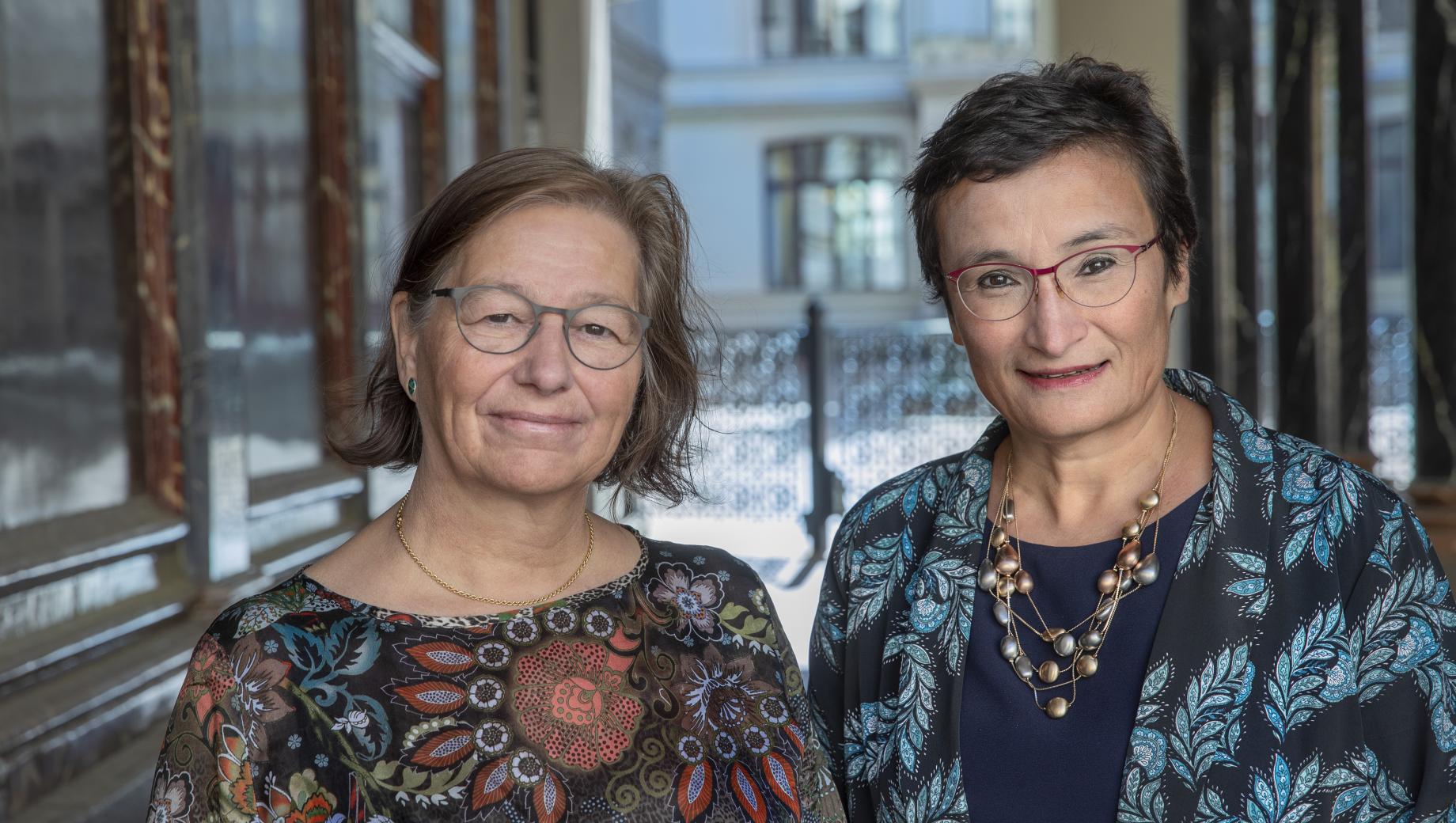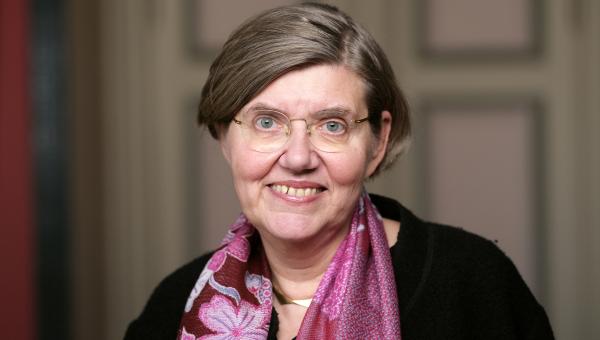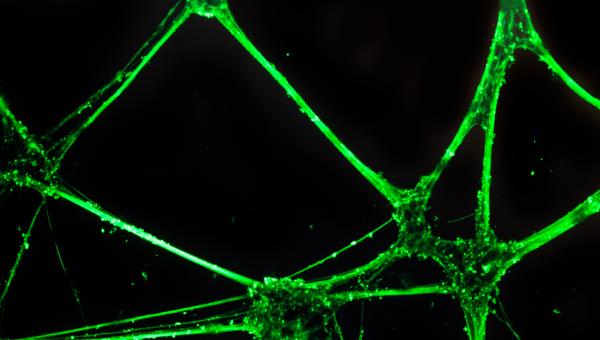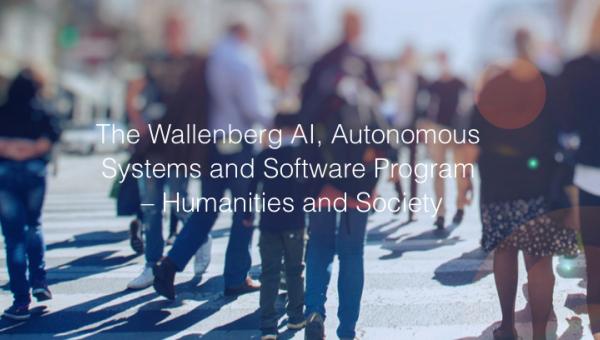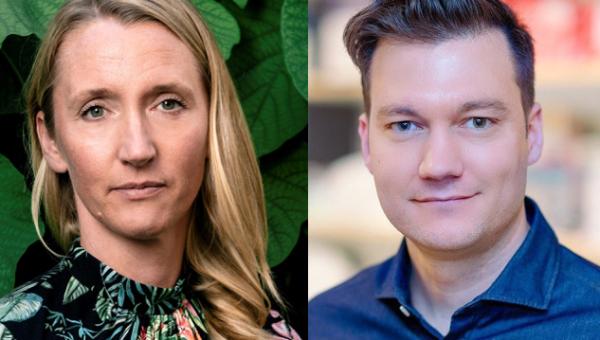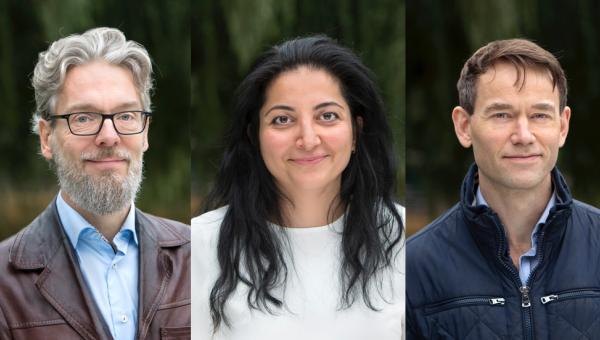We are facing, or rather we are in the midst of, a far-reaching technological transition whose impact on our lives will be so radical that it is often compared with the industrial revolution. The WASP-HS research program will be studying development of the new technology, and how it is impacting society and our behaviors.
Read more about the 16 projects granted SEK 6 million each
“When Knut and Alice Wallenberg Foundation decided to allocate a total of SEK 3 billion to WASP, a program for basic research on autonomous systems and AI, our discussions turned to the humanistic and societal aspects of the impending technology transition, and we concluded that these also needed to be explored,” says Peter Wallenberg Jr, Chair of Knut and Alice Wallenberg Foundation, and also Marianne and Marcus Wallenberg Foundation.
The outcome of the discussion was the launch of a joint initiative entitled WASP-HS, funded to the tune of SEK 660 million over ten years by the Wallenberg Foundations, through Marianne och Marcus Wallenberg Foundation and Marcus and Amalia Wallenberg Foundation.
“One crucial factor was the availability of one of the world’s foremost AI researchers in the field – Virginia Dignum. She was one of the first professors recruited to Sweden as part of the WASP AI initiative, and she is now also scientific director of WASP-HS. She will be working with the program chair, Professor Kerstin Sahlin, former deputy vice chancellor of Humanities and Social Sciences at the Swedish Research Council. Together, they make a highly qualified team, possessing the necessary expertise to build an internationally pre-eminent research environment in this field,” adds Peter Wallenberg Jr.
Human values and ethical principles
The research program will focus on analyzing potential ethical, cultural, economic, labor market, socio-economic and legal aspects of the technology transition.
“Among other things, we will be examining methods and tools to ensure that artificial intelligence and autonomous systems are designed so they don’t clash with human values and ethical principles,” says Professor Virginia Dignum, who researches on the societal, ethical and cultural implications of AI at Umeå University.
She also stresses the interdisciplinary nature of the program:
“It is important that our research be more multidisciplinary, combining the humanities and social sciences with technological research. AI can no longer be seen as a discipline confined to the realms of technology or computer science. It is, by definition, interdisciplinary.”
Responsible AI
There are already multiple instances where the algorithms on which AI is based do not produce neutral outcomes.
“Since AI algorithms are based on data gathered from existing material, prejudices and inequalities existing in our society can end up in applications. There are two known examples where AI algorithms generated an outcome that reflected prejudice: against women in one case, and against people of color in the other,” Virginia Dignum explains.
Even now, millions of people use AI applications and autonomous systems in their daily lives, often without a moment’s reflection. Examples include translation services or digital systems recommending books, movies or music on various platforms.
In the workplace, support and decision-making systems have been developed both for humans and for robots. Ever more applications are coming onto the market, and will be of great benefit to us. Systems that can diagnose rare diseases more quickly and more reliably than a doctor, and self-driving automobiles are examples of innovations waiting in the wings for their big breakthrough. But as with most things, there is an up- and a downside.
What, for instance, is our view of AI writing novels or newspaper articles – able to create thousands of fake, but unique and credible, pieces of writing at lightning speed? Or software easily capable of creating images that look genuine – even portraits of people who don’t exist? What should we do when we can no longer trust what we see, hear and read? Or when we see too well – where a positive example would be looking at a meal through advanced lenses or glasses, and assessing its nutritional content or whether it is dangerous to eat. And what about the Big Brother implications of interconnectivity?
“There is a multitude of challenging questions. I wholeheartedly support the EU Commission’s vision of human-centric artificial intelligence that contributes to a robust society and human wellbeing. Ultimately, I hope that all artificial intelligence will be responsible,” Virginia Dignum says.
Facts about WASP-HS
The mission of WASP-HS is to study the impact of the technology transition resulting from the development of AI and autonomous systems. In particular, the research program will analyze ethical, economic, labor market, socio-economic and legal aspects.
The program is interdisciplinary: the humanities and social sciences are combined with technological research.
The ten-year program includes creation of a large graduate school, with up to 70 PhD students. At least ten new research teams and twelve visiting professors will be recruited.
Marianne and Marcus Wallenberg Foundation and Marcus and Amalia Wallenberg Foundation are allocating up to SEK 660 million to the program over ten years.
WASP-HS will be independent of Wallenberg AI, Autonomous Systems and Software Program (WASP), but the two programs will be run in close collaboration. WASP is receiving SEK 3 billion from Knut and Alice Wallenberg Foundation for basic research on autonomous systems and AI.
Virginia Dignum
Virginia is Professor of Social and Ethical Artificial Intelligence at Umeå University, and an internationally renowned researcher in AI. She plays an active part in a number of international initiatives to develop political and strategic guidelines for AI research and applications. Among other things, she is one of 52 experts appointed to present guidelines and recommendations for Europe’s AI strategy, and is a member of the World Economic Forum Global Fourth Industrial Revolution Council on AI.
Kerstin Sahlin
Kerstin is Professor of Public Management at Uppsala University. During 2013–2018 she was Secretary General of Humanities and Social Sciences at the Swedish Research Council. From 2006 to 2011 she was Vice President of Uppsala University. Kerstin is currently 3rd Vice President of the Royal Swedish Academy of Sciences.

